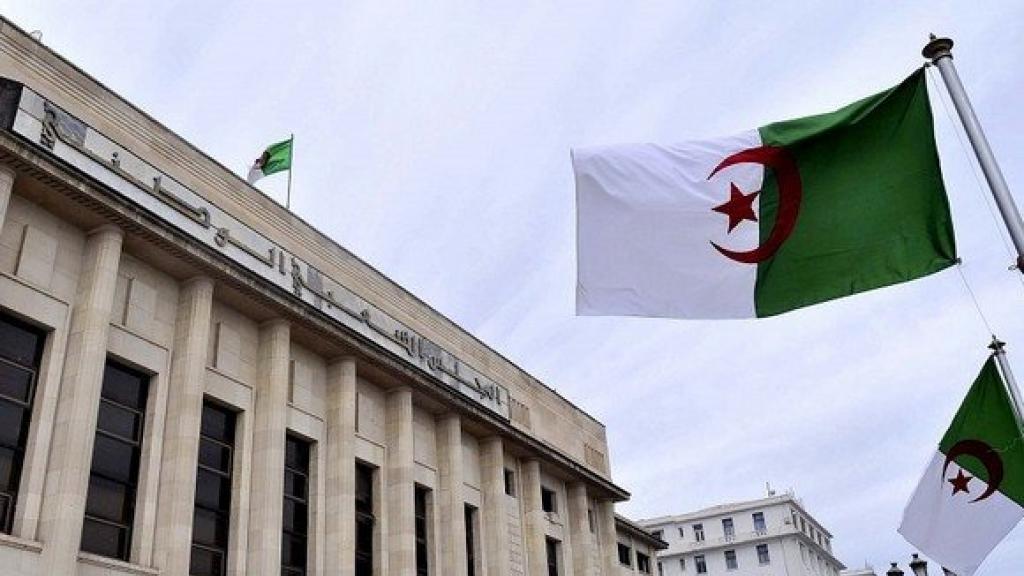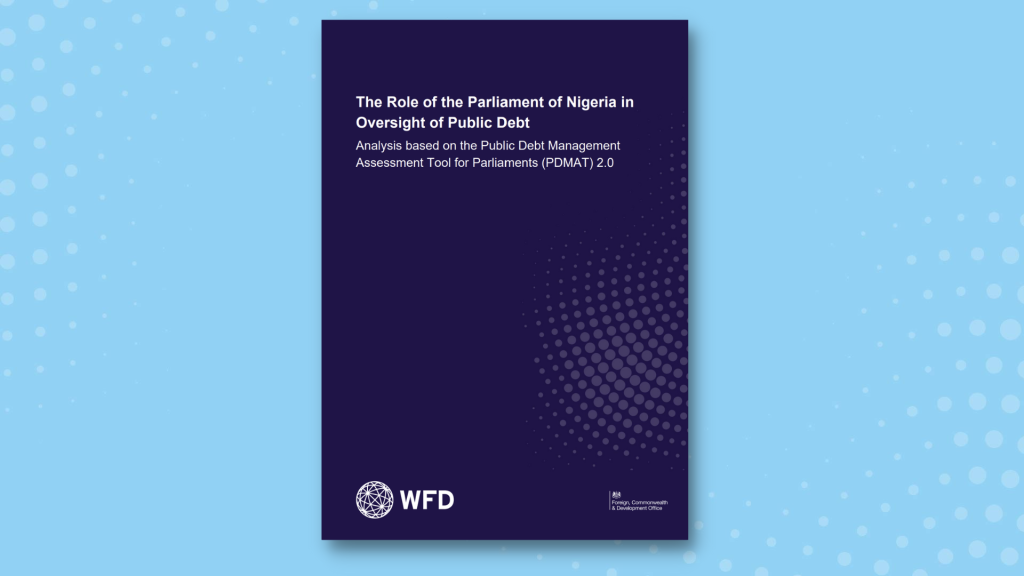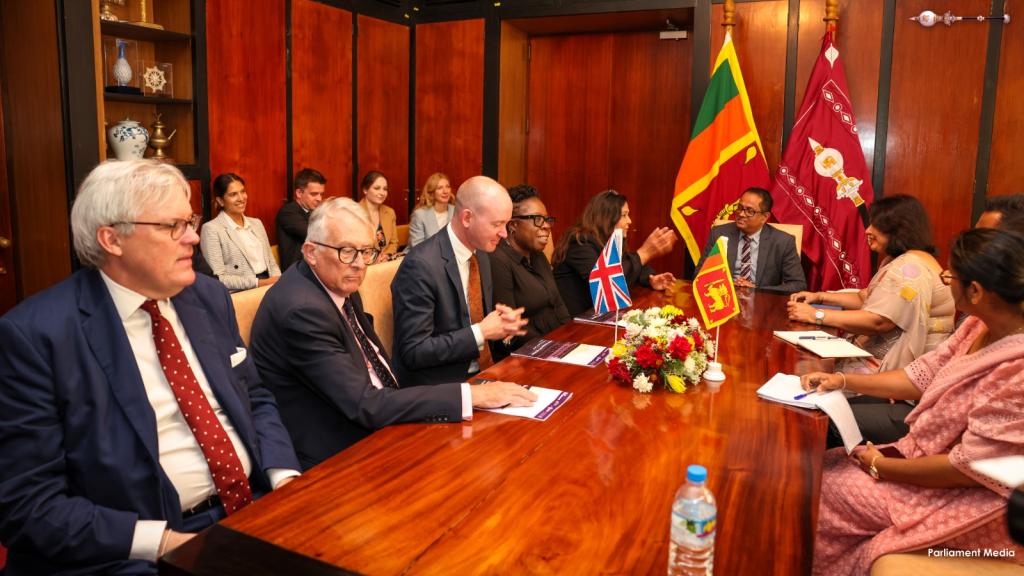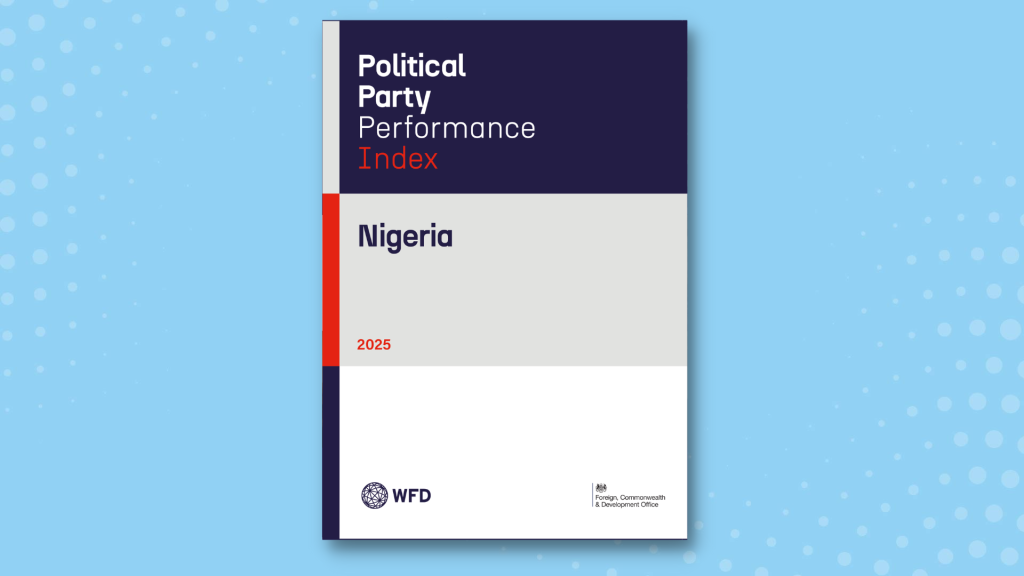Supporting public debt oversight in Sri Lanka
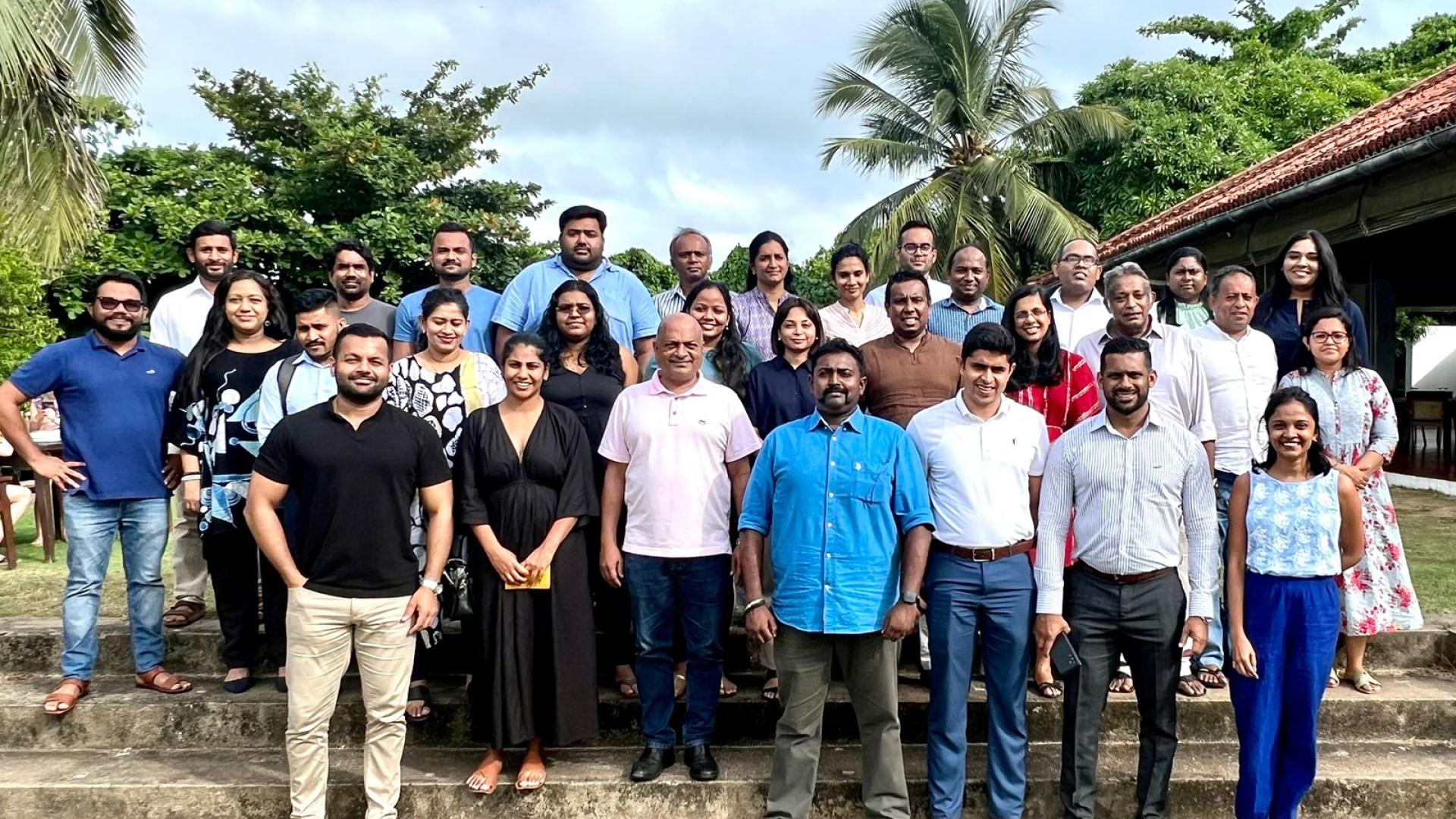
WFD Sri Lanka is focusing on parliament’s role in public debt management and financial oversight. Working at the national level with legislators, parliamentary officials, independent commissions, and civil society organisations, WFD is helping to create accountable and inclusive policies and laws that benefit all Sri Lankans.
Under this vein of work, WFD’s Associate Expert, Geoff Dubrow recently met with civil society organisations, state officials, and parliamentarians in Sri Lanka to discuss crucial matters of public debt oversight as well as the IMF Financial Assistance Programme and their roles in monitoring and ensuring transparency in debt management practices. They also explored two key aspects of public debt oversight: the accountability and transparency of the budgetary process; and monitoring public debt to ensure responsible and sustainable debt management.
During the visit, WFD organised a training session for the Economic Inclusion Working Group (EIWG) of Sri Lanka, made up of 40+ members with representation from MPs, political actors, media, civil society, and the private sector. Given the limited fiscal space available as a result of the debt crisis, the training focused on identifying entry points for public engagement within the budgetary process. The primary aim was to incorporate the needs and views of marginalized and vulnerable groups.
The session shed light on Sri Lanka’s current practices in public participation, fiscal and debt oversight, with emphasis on the role of Parliament and civil society. During the session, he also touched on best practices related to forming a debt justice alliance and monitoring the current IMF economic reform programme.
Speaking of his visit, and of public debt oversight in Sri Lanka more generally, Geoff said: "The resolution of the debt crisis needs a collective effort that surpasses the capabilities of any single institution. This remains valid within the context of Sri Lanka, where the Economic Inclusion Working Group, owing to its multi-sectoral membership, is positioned favourably to assume a robust role. This entails advocating for: heightened public participation in the budget process, enhanced fiscal and debt transparency, and improved oversight of public debt."
In addition to the training, during his visit to Sri Lanka, Geoff also held meetings with several civil society organisations (CSOs) , and a number of government stakeholders to discuss the status of the IMF programme and assess the appetite for CSO involvement in monitoring its implementation, as well as the possibility of forming a debt alliance to carry out this monitoring.
